The Soukie Speaks’ #RaiseYourHand series celebrates young people in the MENA region who are actively and passionately promoting social, economic and cultural inclusion in their communities. This week, Khalaf Ben Abdallah from Tunisia, tells me how his organization, Al Montada, is helping re-shape higher education in Tunisia.
1) Tell me a little about yourself, your family, your educational background and professional experience.
I am a 20 year-old medical student and I have over four years of experience in Tunisian and international civil society. I am very passionate about education, youth inclusion and social entrepreneurship and I have successfully co-founded various social startup projects in Tunis, and its internal  regions, which have allowed more than 200 high school students to acquire critical thinking and entrepreneurial skills. Not only did these project focus on empowering students by helping them acquire important life skills, they also focused on social problems, such as nepotism and elitism and ways to overcome them.
regions, which have allowed more than 200 high school students to acquire critical thinking and entrepreneurial skills. Not only did these project focus on empowering students by helping them acquire important life skills, they also focused on social problems, such as nepotism and elitism and ways to overcome them.
In addition to my work with Al Montada, which I will talk about later, I have also succeeded in reserving a spot in the Tunisian parliament as a civil society representative in the Committee of Youth, Culture, Education and Scientific Research to lobby for new policies in the new reform project and I am currently working on establishing a Policy Incubation Lab in Tunisian universities to make policy making more inclusive, visionary and data-driven. I was also recently selected among the top 20 Ashoka Changemakers in the MENA, Europe and Turkey and had the great pleasure to be a part of the Tunisian Delegation that met with Helen Clark, the UNDP Administrator, to discuss how to promote socio-economic inclusion and the implementation of SDGs in Tunisia.
2) When did you become socially active and what is the name of your organization?
At the age of 15, I was one of the many young Tunisians who took to the streets of El Kasbah asking for a new constitution. During the unrest of the Arab Spring, I would lay in my bed and think about other ways that I could change my country. Despite the the threats of indiscriminate tear gas, police repression and violence, I sat in solidarity with many others under a breezy tent in February 2011 to defend Tunisians’ rights to justice, inclusion and a better future.
The Tunisian civil rights movement was one my biggest moments of growth, because it made me realize the power of unity to overcome corruption and injustice. It also taught me the steep price of exclusion and disconnection. From that experience, I realized that we, as a country, needed to invest more in youth and follow an inclusive strategy to achieve prosperity. This decision led me to join forces with other passionate Tunisians in the Al Montada organization, which aims to empower a generation of youth by rethinking higher education in Tunisia.

Currently, I am a Project Manager and Partnerships Coordinator at Al Montada, which means forum in Arabic. I lead the Forum Project, which aims to increase students’ inclusion in the reform process by bringing together different stakeholders in our society, including students, professors, deputies from the parliament, university presidents, employers and civil society representatives, so we can achieve the objective of quality education together. Moreover, through Al Montada, I also contribute to driving research about the Tunisian higher education system with a special focus on the topics of academic curriculum, governance and administrative management.
3) What is unique about your organization?
Our organization is working on rethinking higher education in Tunisia by fostering, structuring and developing the discussion about reforms and we are using entrepreneurial thinking to make our organization as effective and agile as possible. The Al Montada approach is a three pronged approach based on:
- Research: to promote empathy and make informed and comprehensive contributions to the field of higher education.
- Discussion: to bring together different stakeholders and make the reform process more inclusive and data driven.
- Advocacy: to train advocates to lobby for education reforms, tangible projects and policies.
4) What are your organization’s short-term/long-term goals?
Not only do we aim to be an active communication platform for youth and passionate education advocates in Tunisia, we also aim to be an “engine” that powers the critical discussions needed to realize the visionary concept of Tunisian higher education that our youth hope to see in the future.

5) What has your organization achieved so far?
So far, we have followed the lean startup method of “build, test and learn” and we’re working at a very fast pace. In less than one year we have
- Directly impacted 1125 youth throughout Tunisia.
- Conducted a national survey on the youth’s vision of education in Tunisia
- Launched tone forum bringing together different stakeholders to discuss education reform.
- Organized Cafe Talks bringing youth from different backgrounds together to discuss problems and brainstorm solutions.
Now, we’re developing a policy incubation program for youth with policy ideas. This program aims to stop the stagnation of this movement and to make legislation in higher education more visionary and data-driven. Ultimately, we believe that people who trust themselves and share their ideas become better citizens and more active partners in social development.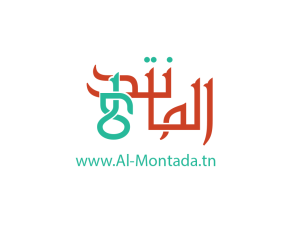
6) How can people learn more about your activities?
We invite everyone to visit our website and follow our Facebook page to keep up with our
latest updates!
Like what you see? Join the Soukie Speaks email list and follow my Twitter, Instagram, Facebook accounts, so we can enlighten, support and empower the Arab leaders and entrepreneurs of the future together.
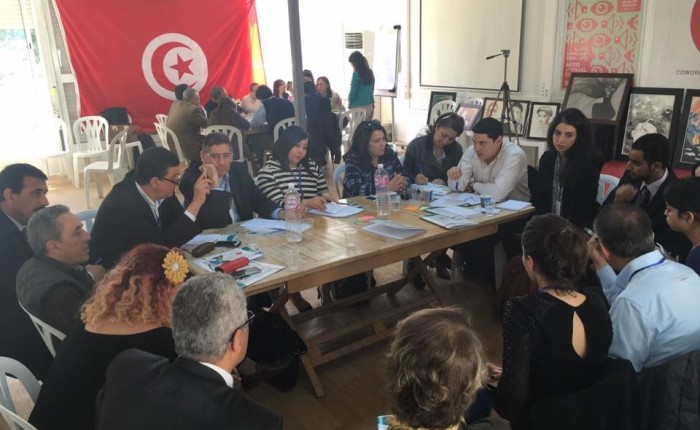



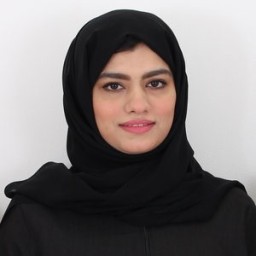


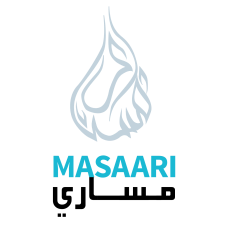
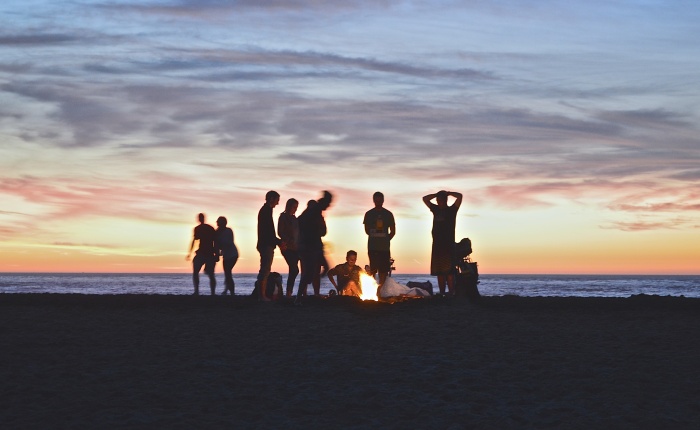
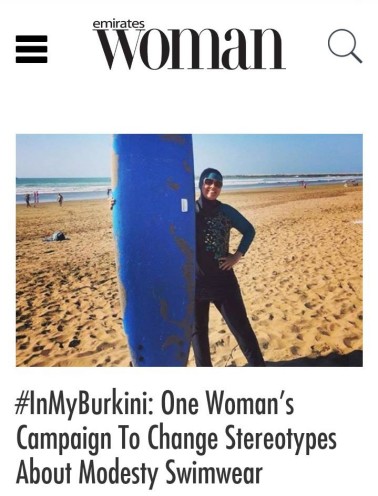 Hall. It was truly an exhilarating experience, especially since when I introduced my #InMyBurkini intiative I said:
Hall. It was truly an exhilarating experience, especially since when I introduced my #InMyBurkini intiative I said:
 Photo credit:
Photo credit: 
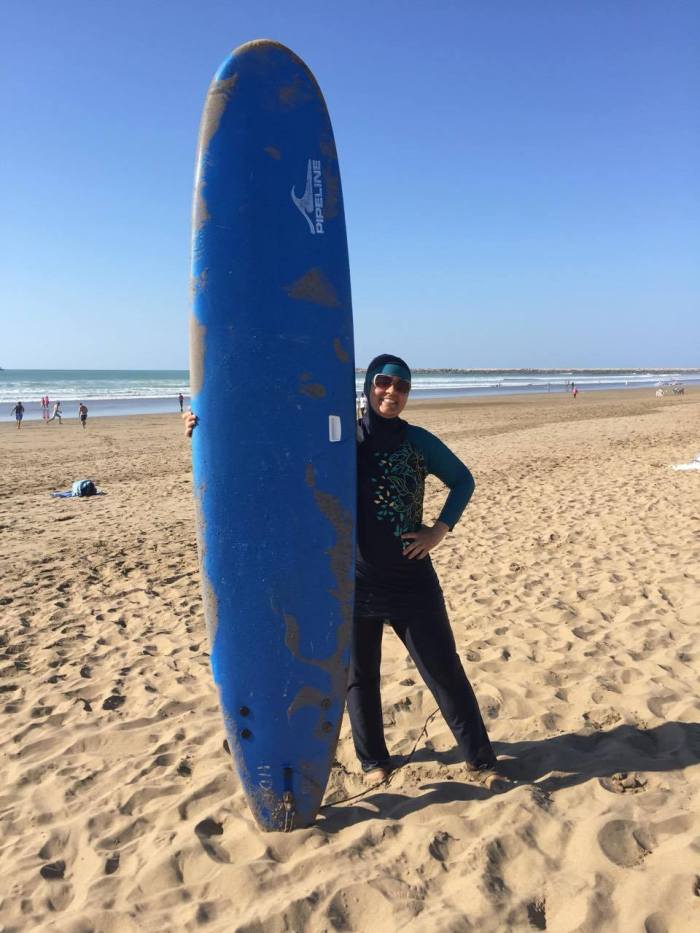

 Photo Series. This series will depict me doing mundane things, dare I say funny, in a burkini to remind people that nothing we wear, or don’t wear, should deprive us of our humanity or humor. Why am I doing this? I’m doing this because I believe that the first step to creating meaningful dialog between people is to make sure that they can connect with each other and that can never happen if we’re not willing to let our guard down. Unfortunately, many of us are raised with the “us versus them” mentality, especially in minority communities. However, we live in a global village, which is made even smaller by technology and social networks, and we simply don’t have the luxury to shut down anymore when we hear critical comments about who we are and what we believe.
Photo Series. This series will depict me doing mundane things, dare I say funny, in a burkini to remind people that nothing we wear, or don’t wear, should deprive us of our humanity or humor. Why am I doing this? I’m doing this because I believe that the first step to creating meaningful dialog between people is to make sure that they can connect with each other and that can never happen if we’re not willing to let our guard down. Unfortunately, many of us are raised with the “us versus them” mentality, especially in minority communities. However, we live in a global village, which is made even smaller by technology and social networks, and we simply don’t have the luxury to shut down anymore when we hear critical comments about who we are and what we believe.
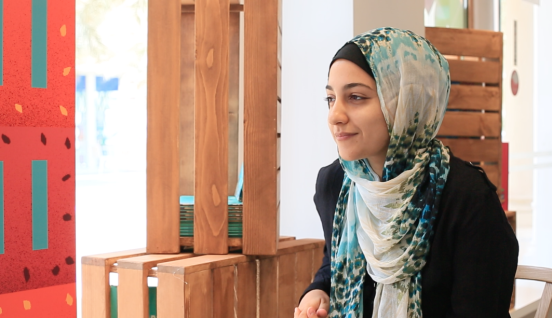

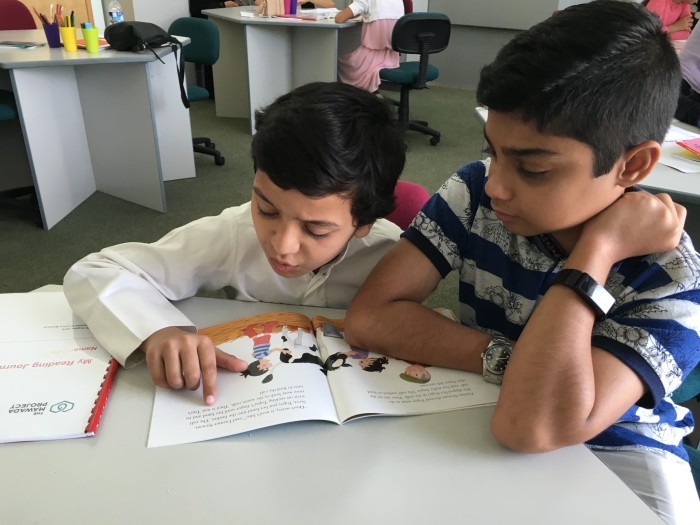
 experience is going to be until they try it. Students and children may fear that they’re not going to know what to do or that it’ll be awkward in some way. As soon as they get into it and immerse themselves in the experience (with our training and support, of course) they love it!
experience is going to be until they try it. Students and children may fear that they’re not going to know what to do or that it’ll be awkward in some way. As soon as they get into it and immerse themselves in the experience (with our training and support, of course) they love it!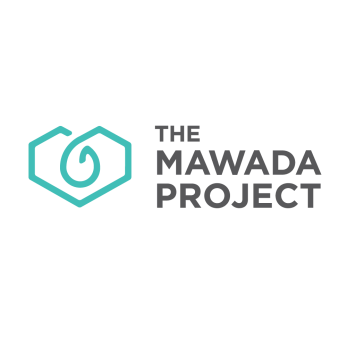





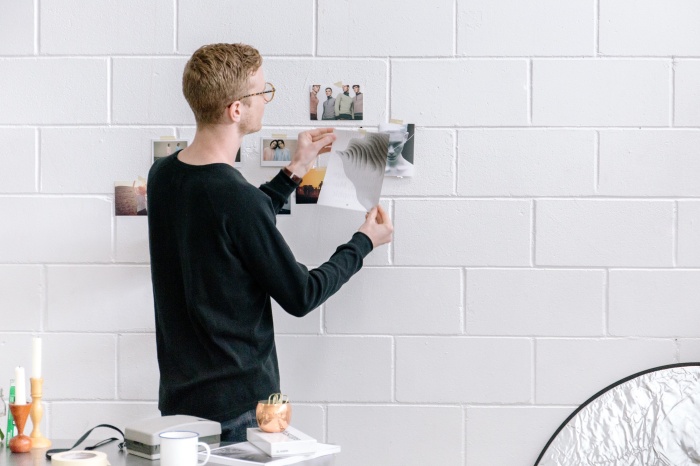 startup’s “persona” is heavily dependent on the personality of its founder. So, whatever strengths or weaknesses you have as an individual will inevitably be reflected in your startup in some way shape or form. Seeing as most startups have small teams with tight budgets, they don’t have the luxury of outsourcing your “weaknesses” to another department. Consequently, it is imperative for startup leaders to know themselves if they want to be successful.
startup’s “persona” is heavily dependent on the personality of its founder. So, whatever strengths or weaknesses you have as an individual will inevitably be reflected in your startup in some way shape or form. Seeing as most startups have small teams with tight budgets, they don’t have the luxury of outsourcing your “weaknesses” to another department. Consequently, it is imperative for startup leaders to know themselves if they want to be successful.